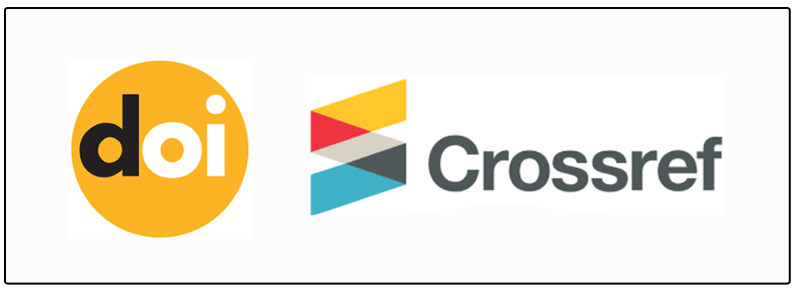ANALISIS PENGARUH PEMBIAYAAN MURABAHAH, MUSYARAKAH, DAN BIAYA TRANSAKSI TERHADAP PROFITABILITAS BANK PEMBIAYAAN RAKYAT SYARIAH PERIODE 2018-2021
DOI:
https://doi.org/10.55606/jebaku.v2i2.863Abstract
Researchers conducting this research are aiming to analyze the influence of financing that dominates BPRS,
namely Murabahah and Musyarakah, as well as transaction costs incurred on BPRS Profitability. Islamic Rural Banks are Islamic Banks which in their activities do not provide services in payment traffic. BPRS prioritizes providing financing to micro, small and medium enterprises. Broadly speaking, BPRS is a bank that adheres to sharia principles and does not provide services in payment activity traffic. This type of bank, such as a BPRS, is different from rural banks (BPR), which were first known to customers in Indonesia. This research is a quantitative research using secondary data. The data collection method used is the study of literature and documentation. The research data is taken from monthly Islamic banking statistical reports for 2018 - 2021 which can be accessed through the official websites of the Financial Services Authority and Bank Indonesia. This research method is using Descriptive Statistics, Classical Assumption Test (multicollinearity, heteroscedasticity, normality, and autocorrelation), Multiple Linear Regression Analysis, and Hypothesis Testing. With the help of IBM SPSS Statistics Version 22 software. The estimation results show that Murabahah, Musyarakah, and Transaction Cost financing have a significant effect on profitability (ROA), but NPF does not have a significant effect on profitability (ROA) of Bank Rakyat Syariah Financing Banks.
Downloads
Published
How to Cite
Issue
Section
License
Copyright (c) 2022 Jurnal Ekonomi Bisnis dan Akuntansi (JEBAKU)

This work is licensed under a Creative Commons Attribution-ShareAlike 4.0 International License.





















